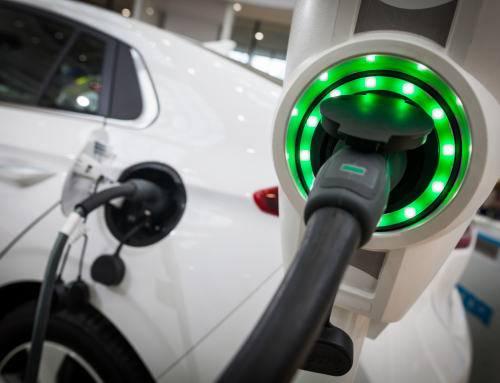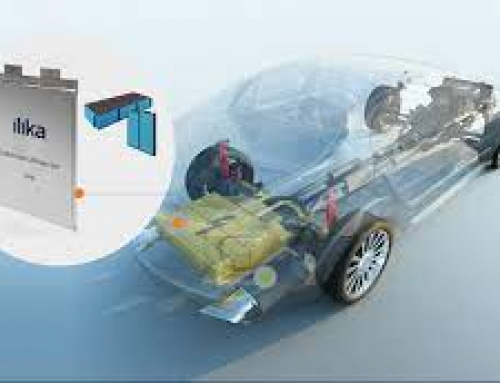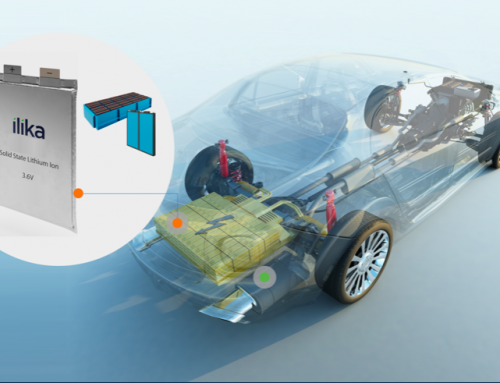Ilika have released their final results for the year to 30 April 2016, reporting a decreased revenue of £0.6m (2014: £1.1m) – almost all from a single grant – and an increased loss of £3.5m (2014: £2.7m). The share price dropped nearly 15 per cent to 45p.
Ilika specialise in the rapid development of new materials, using patented methods of making and testing different ingredients. Most of their work has been in partnership with large companies such as Shell and Toyota developing specific applications. However in 2015 they have devoted almost all their efforts to the development of miniature batteries, leading to the launch of the Stereax TM M250 re-chargeable solid-state battery in April 2016.
This battery is 10 mm square and less than 1 mm thick, and has been designed to power self-sufficient devices for the Internet of Things. At its launch it was demonstrated powering a temperature sensor and data transmitter in combination with a small solar panel that gives enough energy to re-charge the battery indoors or outdoors.

The Stereax battery shown in an autonomous temperature sensor (from www.ilika.com)
Ilika claim several advantages over competitors. Their batteries have greater energy density (hence are smaller for the same output), are faster to charge, longer lasting and have less internal leakage. They are also safer and work at higher temperatures. Ilica have plans for a complete range for different applications.
These features are obviously very attractive for certain applications, for example medical (size and safety) and automotive (high temperature). For standard “things” such as household devices, these features may not be so necessary. Given the size of the electronics and other equipment the exact battery size is not so important, while temperature and extra safety are not critical.
Thus Ilika seem well positioned to capture market share for powering high-end specialized devices. Whether they can break into the market for more conventional devices is less clear. Price will matter, because it is possible to buy a 12 mm square, 2mm thick re-chargeable solid-state battery on-line for £12. In an interview with Proactive Investors in April, Graeme Purdy, Chief Executive, said that Stereax prices would be comparable. If so they will have access to a very promising market.
Ilika’s decision to concentrate on batteries may well be the quickest way to profit. Once there, they will have a good platform on which to support other developments. In the meantime they need to extend the Stereax range and get their batteries accepted by a wide range of device manufacturers.




